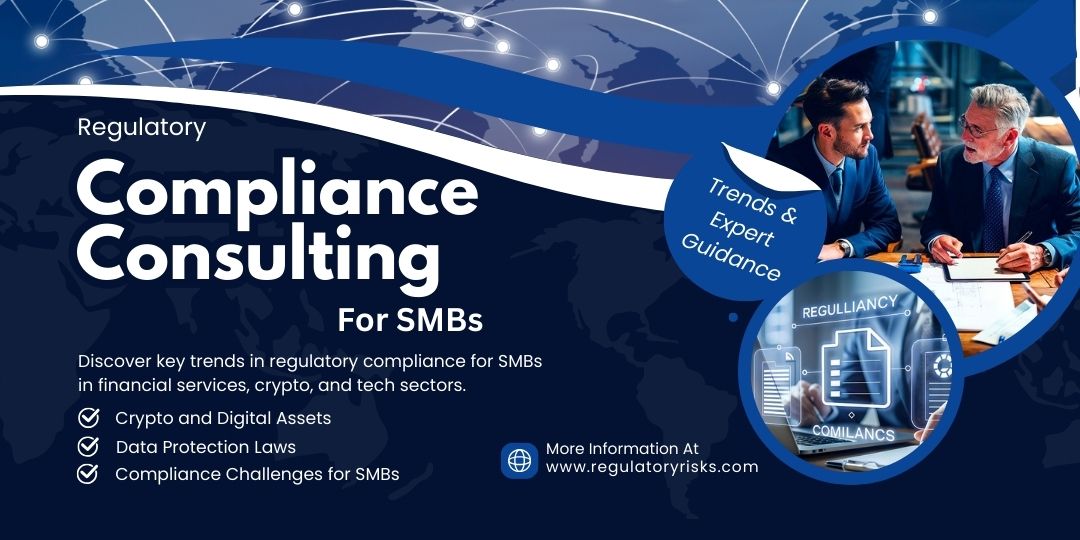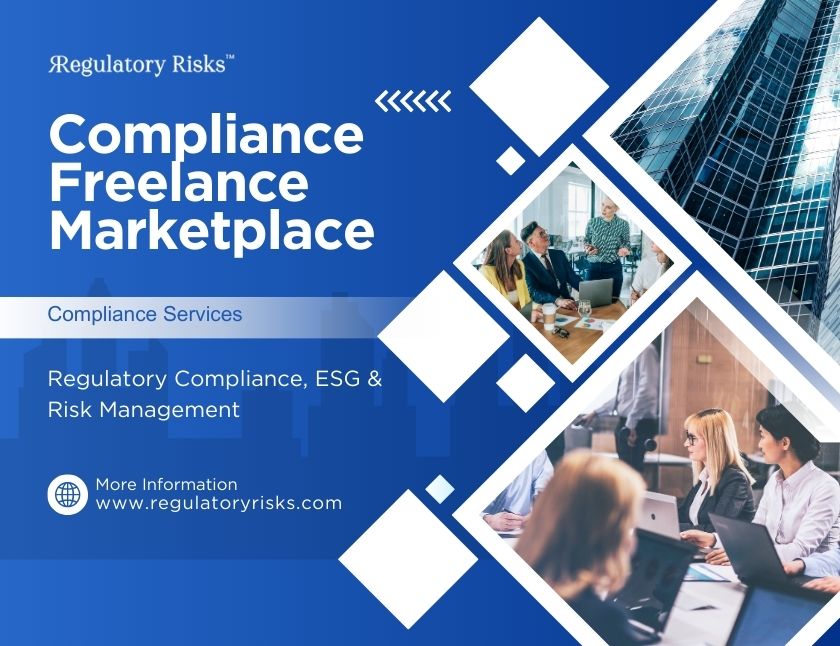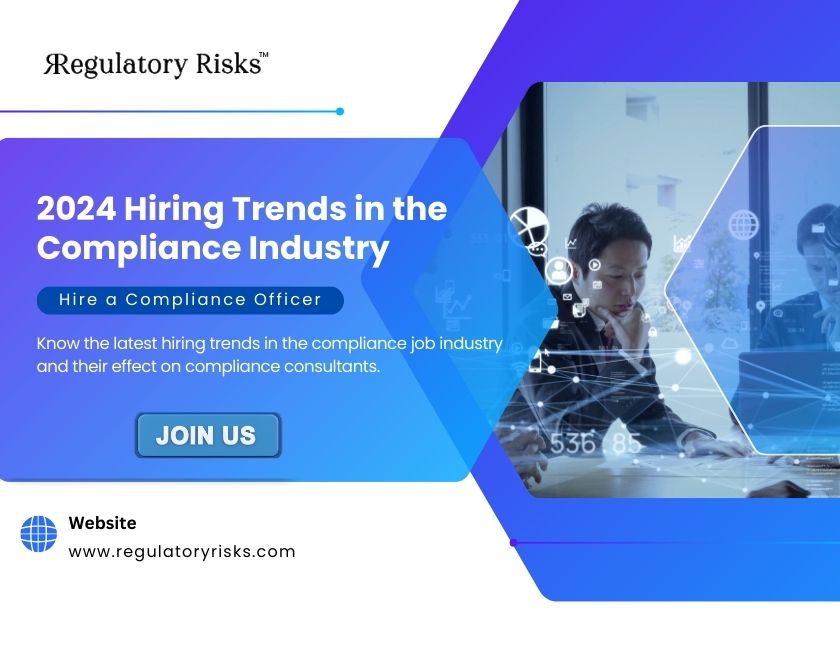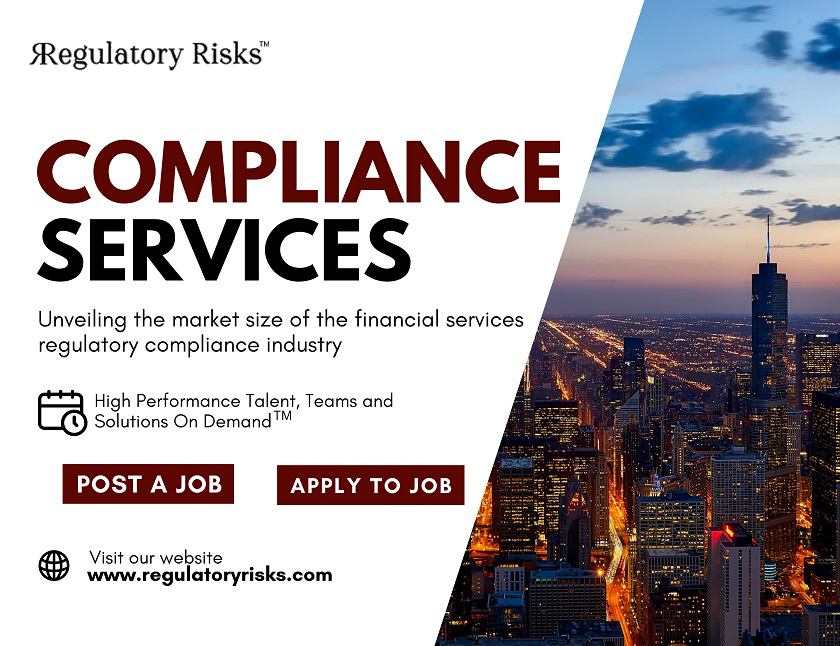In today's regulatory environment, cross-border small to medium-sized businesses (SMBs) in industries like financial services, crypto and digital assets, casinos and gaming, and technology platforms face unprecedented challenges. Consequently, stringent global regulations make it essential for these businesses to implement robust compliance measures. This article delves into current trends in regulatory compliance, highlights the critical role of regulatory compliance consulting, and explores how freelance marketplaces are becoming valuable resources for accessing compliance expertise.
Regulatory Compliance Consulting: Why It Matters
Now more than ever, regulatory compliance consulting is indispensable for navigating the fast-changing landscape. For example, enforcement actions by U.S. agencies such as the Securities and Exchange Commission (SEC) and Financial Industry Regulatory Authority (FINRA) have increased, especially concerning financial crimes and data privacy violations. Moreover, in the UK, the Financial Conduct Authority (FCA) and Prudential Regulation Authority (PRA) are focusing heavily on anti-money laundering (AML) and cross-border compliance.
As a result, for SMBs involved in cross-border transactions, non-compliance can lead to severe financial penalties, reputational damage, and operational disruption. Therefore, regulatory compliance consultants offer businesses essential guidance, helping them develop strategies tailored to their unique needs.
Key Regulatory Trends and Recent Enforcement Actions
1. Financial Crime Compliance in Crypto and Digital Assets
Both U.S. and UK regulators are tightening their scrutiny of crypto and digital asset firms. For instance, in recent years, the SEC has taken action against firms that failed to register their digital asset offerings. Additionally, the FCA has intensified its AML and Know Your Customer (KYC) protocols.
Key Requirements and Changes:
First, crypto businesses must meet strict AML requirements, including enhanced KYC processes and ongoing transaction monitoring.
Second, upcoming regulations may impose stricter reporting for cross-border transactions involving digital assets.
Finally, the Financial Action Task Force (FATF) is pushing for stronger global standards, which will directly affect crypto businesses operating internationally.
2. Data Privacy and Cross-Border Data Transfers
Likewise, with the General Data Protection Regulation (GDPR) in the EU and similar regulations emerging in the U.S., managing data privacy has become increasingly complex. As a result, cross-border SMBs must comply with data protection laws across all jurisdictions. The Federal Trade Commission (FTC) in the U.S. and the Information Commissioner’s Office (ICO) in the UK are actively enforcing these rules.
Key Requirements and Changes:
First, businesses must implement strong data privacy policies, including clear protocols for cross-border data transfers.
Second, new privacy laws, like the California Consumer Privacy Act (CCPA), present additional compliance challenges.
Third, businesses should also prepare for new restrictions on data transfers between the U.S. and EU following recent legal developments.
3. Cross-Border Compliance Challenges for SMBs
SMBs often struggle with cross-border compliance due to limited resources and jurisdictional complexities. However, regulatory compliance consultants can help SMBs navigate these challenges by tailoring strategies to fit their specific operational needs.
Key Challenges:
First, varying regulatory requirements across regions complicate global operations.
Second, SMBs often lack dedicated compliance teams, making it hard to keep pace with changes.
Finally, although RegTech solutions offer promise, they must be integrated carefully to avoid compliance gaps.
Best Practices for Effective Regulatory Compliance
1. Engage Compliance Consultants Early
Engaging regulatory consultants at the earliest stages helps businesses proactively address potential issues. As a result, SMBs can develop compliance frameworks aligned with their unique business models and reduce the risk of enforcement actions.
2. Leverage Regulatory Compliance Services
Additionally, consultants provide ongoing support, keeping businesses informed about changing regulations and enforcement trends. This proactive approach allows SMBs to adapt quickly and avoid costly penalties.
3. Implement Strong Financial Crime Prevention Programs
A comprehensive Anti-Money Laundering (AML) policy is essential, particularly for firms in the crypto space. Therefore, regular risk assessments and employee training should be integral parts of a compliance-focused culture.
4. Adopt Technology for Compliance Monitoring
In addition, technological solutions, including artificial intelligence (AI) and machine learning (ML), can significantly enhance compliance monitoring and reporting. For instance, RegTech platforms can automate KYC processes, transaction monitoring, and regulatory reporting, allowing SMBs to manage compliance more efficiently.
To delve deeper into this topic, visit our blog.
The Role of Freelance Marketplaces in Accessing Compliance Expertise
Freelance marketplaces have emerged as an important resource for SMBs seeking regulatory compliance expertise. Platforms such as Regulatory Risks connect businesses with skilled professionals who offer specialized consulting services without the need for full-time hires.
1. Cost-Effective Expertise
Hiring full-time compliance staff can be costly for SMBs. However, freelance consultants offer a flexible, project-based alternative, giving businesses access to top-tier experts at a fraction of the cost.
2. Diverse Skill Sets
Freelance marketplaces give SMBs access to a broad range of consultants with expertise in niche areas such as financial crime prevention, cross-border compliance, and data privacy.
3. Agility and Adaptability
Moreover, by working with freelance consultants, SMBs can quickly adapt to changing regulatory landscapes without the lengthy timeframes and resources typically required for hiring permanent staff.
Conclusion: The Future of Regulatory Compliance Consulting
In summary, as global regulations continue to evolve, particularly in sectors like crypto, digital assets, and cross-border financial services, the demand for specialized compliance consulting will only grow. Thus, SMBs that proactively engage with compliance consultants and utilize freelance marketplaces will be better equipped to navigate the increasingly complex regulatory landscape.
Investing in compliance consulting is not just about avoiding penalties—it’s a strategic move that positions SMBs for long-term success. Therefore, by staying ahead of regulatory changes and building resilient, compliance-focused operations, cross-border businesses can thrive and achieve sustainable growth.




